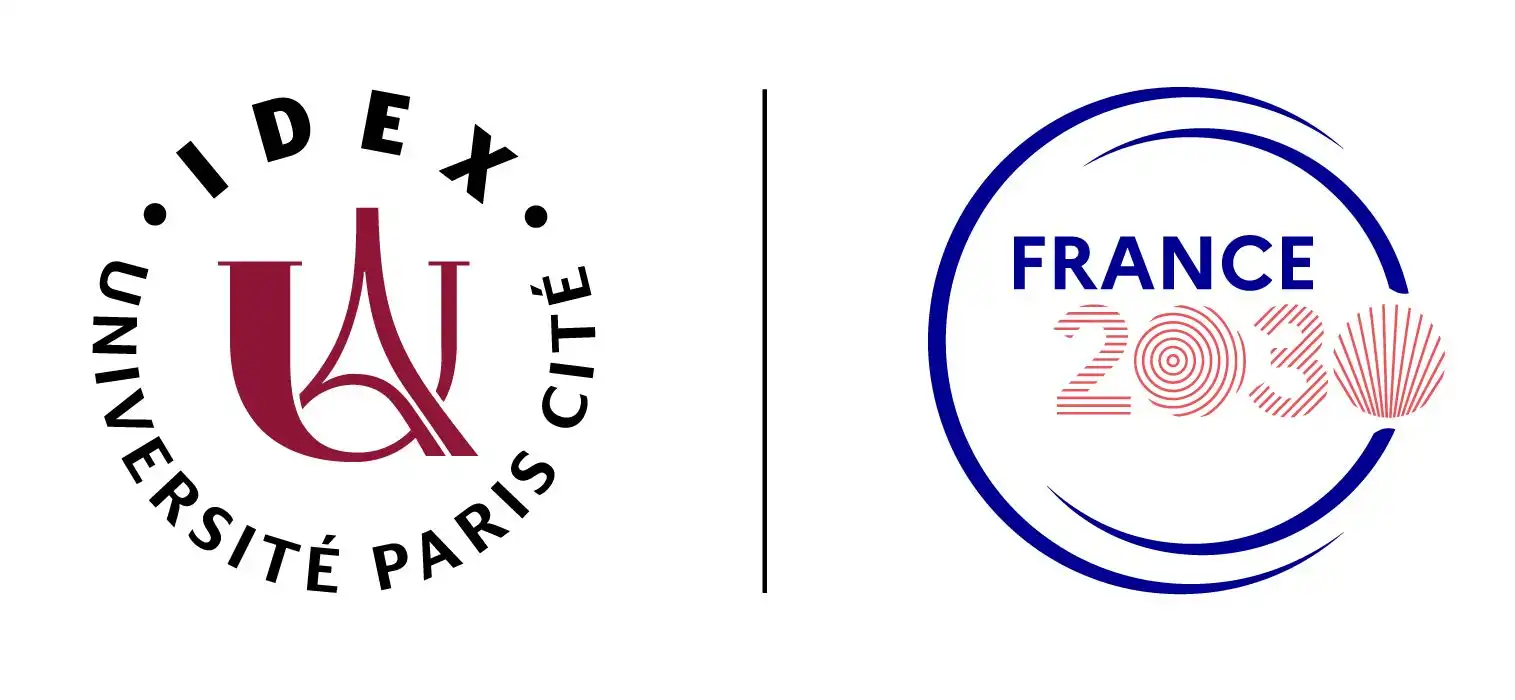
Home>Research>Project>Promoting metacognition in young children, a lever to reduce educational inequalities? (METACHILD)
Promoting metacognition in young children, a lever to reduce educational inequalities? (METACHILD)
Project holders :
- Grégoire Borst (LaPsyDECNRS,Université Paris Cité)
- Mélanie Maximino-Pinheiro (LaPsyDE, CNRS ,Université Paris Cité)
Research team :
Carlo Barone (CRIS, Sciences Po, CNRS)
Project description:
Metacognition refers to knowledge and cognition regulation skills involving reflexivity about one's own thought processes (thinking about thinking, learning to learn). In the field of education, it is of major interest because metacognition is closely related to academic achievement. However, the majority of studies have been conducted with primary and secondary school students, and work with younger students is only emerging. Furthermore, unlike other cognitive abilities, the link between socioeconomic status and metacognition has been little studied, regardless of age. However, recent results suggest that the promotion of metacognition could be a lever for reducing educational inequalities among the most disadvantaged school students. Thus, the goals of this project are (1) to examine the extent to which metacognitive abilities and educational inequalities are linked from an early age and (2) whether a direct classroom intervention aiming at promoting metacognition in kindergarten students can reduce these inequalities.
Publications :
MAXIMINO-PINHEIRO, Mélanie, MENU, I., BOISSIN, E. et al. (2024). Metacognition as a mediator of the relation between family SES and language and mathematical abilities in preschoolers. Scientific Reports, 14, 10392.
HOLZER Julia, MAXIMINO-PINHEIRO Mélanie, BORST Grégoire. (2024). SES and academic achievement are (not always) related: Profiles of student SES, academic achievement and their links to socio-emotional, cognitive, and metacognitive characteristics, Learning and Instruction, Volume 95.
Poster of the project - July 2024


